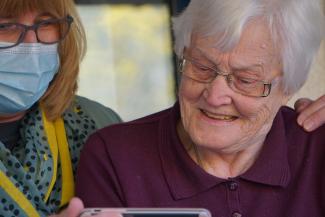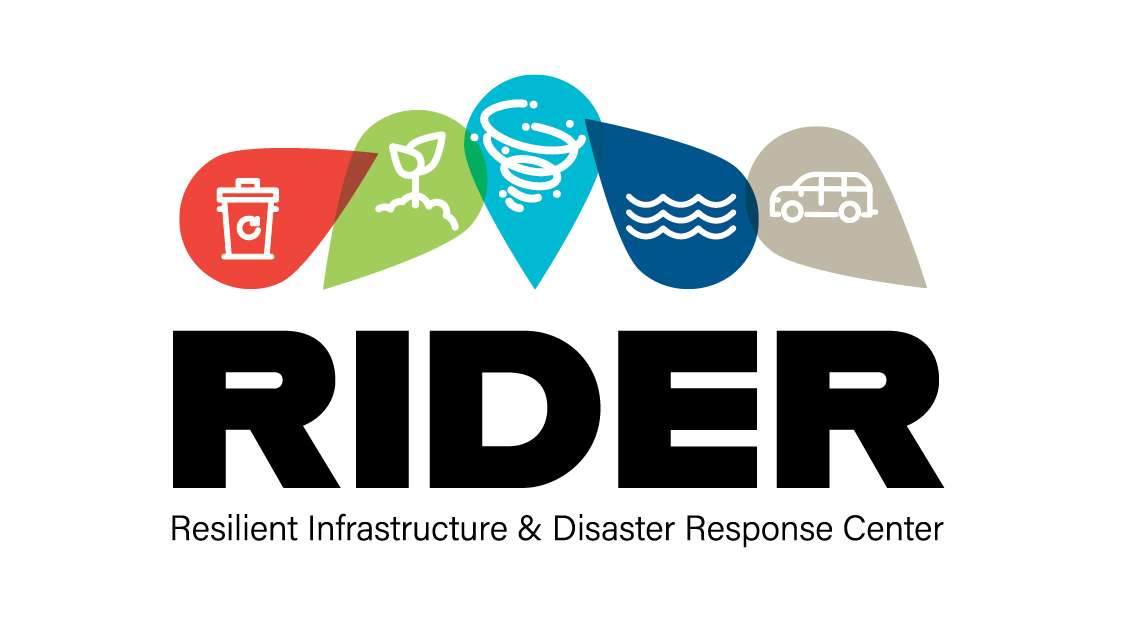
This article originally appeared in the Tallahassee Democrat
We are all shocked by the tragic consequences of hurricanes Harvey and Irma, from older people sitting waist-deep in water in Houston to the air-conditioning failure that killed residents in a Florida nursing home.
Today the question is, how can we protect older adults from such adverse effects?
According to a 2007 study by Cahalan and Renne, among the 1,800 people who lost their lives in Hurricane Katrina and its aftermath, the fatalities were mostly older adults, with 71 percent of the victims older than 60 and 47 percent over the age of 75. Our study in Transport Reviews (Ozguven et al., 2016) clearly states that these fatalities were disproportionally older people who lived independently or who were not willing or able to evacuate whether they were living alone or in nursing homes.
Such lessons learned from Hurricane Katrina helped agencies and governments to prepare and order evacuations of nursing homes and retirement communities in danger as Irma approached the Florida coast. About 400 nursing homes, assisted living communities and other health care facilities were evacuated, and 21,000 people were housed in 81 special-needs shelters in Florida. Likely, this was the largest evacuation ever recorded for the licensed senior care facilities.
Even though we gained many such lessons from previous hurricanes such as Katrina, there are still more to learn. We must ensure that those lessons are used to develop plans that are widely deployed and not just sit on agency shelves and gather dust.
Calls to evacuate are complicated at the personal level by the vulnerability of seniors due to transportation accessibility, power availability, physical and cognitive impairments, or lack of financial resources.
During Irma, the availability of special needs and pet friendly shelters also played a significant role in whether older residents evacuated, especially in areas not given mandatory evacuation orders. For many older adults, pets function as members of their family, so we need more pet friendly shelters available and accessible during hurricanes.
As such, researchers from Florida State University’s Institute for Successful Longevity, Pepper Institute on Aging and Public Policy, Center for Accessibility and Safety for an Aging Population, College of Social Sciences and Public Policy and the FAMU-FSU College of Engineering are using multi-disciplinary approaches to help reduce the harm and alleviate the suffering hurricanes can bring to their older victims. These multi-disciplinary centers play an active role in conducting collaborative research activities focusing on an aging population with significant practical implementations.
Our recent study in the Journals of Gerontology: Psychological Sciences and Social Sciences (Douglas et al., 2017) provides evidence of a mismatch between pet friendly shelter availability and need in the Miami-Dade area, particularly among pet owners lacking financial resources and older adults living farther from shelters. The latter problem can potentially be addressed by repurposing existing mass shelters in order to serve those older adults with special needs so as to avoid transporting these seniors longer distances.
In addition, there is a need to better educate the public about the dangers of the hurricanes — storm surges, flooding, power outages, fallen trees, roadway disruptions — in order to foster better participation by the older adults in voluntary evacuations.
Agencies also can strongly encourage seniors to evacuate on their own before evacuations are mandated, which could keep them away from congested roadways and problems with gasoline outages.
Based on the lessons learned, there is an urgent need to adjust the existing strategies and develop concrete emergency plans in order to address the uncertainty of hurricane conditions in Florida and throughout the Gulf Coast. With this approach, we may avoid tragedies that have plagued older adults in past emergencies.
Eren Erman Ozguven, Ph.D., is an assistant professor in the FAMU-FSU College of Engineering and a faculty affiliate of Florida State University’s Institute for Successful Longevity.



